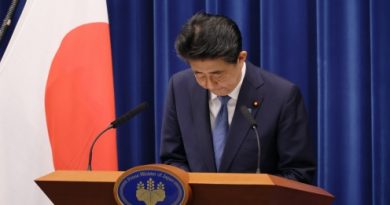China Links N. Korea With High-Speed Rail
By Matthew Schaller
Staff Writer
Continuing efforts to boost economic ties with North Korea, China recently opened a high-speed railway network to the North Korean border. The railway, which has been under construction since 2010, will run 127 miles from Shenyang, Northeast China to the border city of Dandong in the southeast, which faces North Korea across the Yalu River. According to SBS, the railway is expected to shorten the journey between the two countries from 3.5 hours to just over an hour and a half.
The city of Dandong accounts for about 80 percent of trade between the two countries. However, Pyongyang’s rhetoric of nuclear weapons development has slowed the development of economic zones aimed at pairing cheap North Korean labor with Chinese capital. This has resulted in China’s warming relationship with the DPRK’s main economic rival, South Korea.
According to the Los Angeles Times, Beijing has nonetheless announced plans to open a border trade zone in Dandong during the North Korea-China Economic, Trade, Culture and Tourism Expo in October. However, as Scott Kennedy of the Center for Strategic and International Studies (CSIS) reports, the projected plans are nothing new.
“China is doing what the United States did in the 1950s, on an equally grandiose scale, in building roadways, rail and airports to connect the country internally and with countries around it,” CSIS stated.
In other words, the railway could eventually prove beneficial for overall connectivity in the region. Even so, with a sense of renewed optimism in these types of grand deals apparent, one need not look too far back into history to realize that Pyongyang has repeatedly been unable to hold up its end of a bargain. Pyongyang’s lack of funds and desperation for foreign currency have left the capital struggling to comply with their obligations to the Chinese.
It is this reason, according to the Globe and Mail, that eventually led the North Korean government to send tens of thousands of its citizens to work abroad, even as far as the Middle East. Additionally, foreign investors have been constantly hurt by Pyongyang. For instance, the North Korean government has owed Sweden hundreds of millions of dollars for forty years for the theft of 1000 Volvo cars, reports Newsweek.
Wei Ling, professor of international relations and trade at the Middlebury Institute of International Studies in Monterey, observes, “Overall expansion of Chinese overseas investment is the end goal. In North Korea, the leader and the policies are very full of uncertainty, especially with its interaction with China over the past decade.” According to Wei, Beijing now “increasingly feels like North Korea is more of a liability than an opportunity.”



